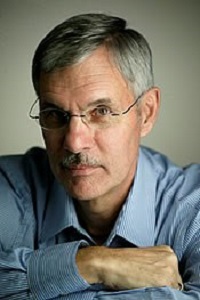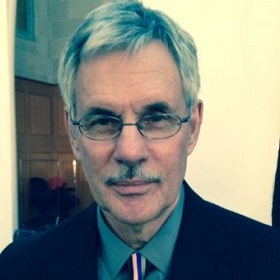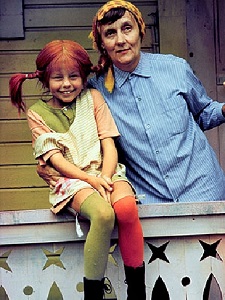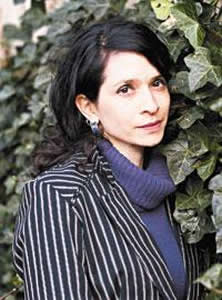De Engels-Mexicaanse schrijfster Chloe Aridjis werd geboren in New York op 6 november 1971 (en dus niet op 14 november zoals eerder vermeld). Zie ook alle tags voor Chloe Aridjis op dit blog.
Uit: Assunder
“Until then, it is true, I envied my colleagues at the new Tate, and when this sun first rose I would, on days off, walk along the river to the museum and spend long whiles on my back staring upwards. A mirror had been fastened to the ceiling and there’d be dozens of us lying in random configurations on the concrete floor, waving at our reflections above, and I felt like I was at a site of pagan worship, all eyes converging on this great yellow sphere whose emanations remained a mystery – that is, until the guards began complaining of headaches and dizziness and cursing the fumes released from the artificial astral body, especially Martin Strake who, already prone to migraines and sensitivity to light, made a point from the start of looking the other way. After a few weeks the monofrequency lamps really took their toll; Martin succumbed to their haze, his legs grew weaker, his eyesight began to blur, his movements trance-like as if dictated by this overhead sun, attached to it by invisible strings.
And I succumbed, I too, and for several weeks went to worship the ephemeral god, until I found out this supposed orb wasn’t even a whole but a semicircle. We had been going to pay our respects to a semicircle, made whole by its reflection in a mirror. To this day I wish I hadn’t looked at the catalogue and had continued with my fantasy of the whole, but in the end, all that matters is that the Scandinavian’s piece was eventually replaced by something else of monstrous proportions yet not as precarious and that Martin Strake gradually regained his former self and could turn his eyes towards the Turbine Hall without dissolving. I used to envy those who were assigned temporary rather than permanent exhibits before realising that temporary is too risky; you never know what you are going to get.
Life at our Gallery is more predictable.
Early each week we are assigned different sections of a wing and, within these sections, four rooms a day. In the morning we shed our civvy clothes and slip on our uniform: a mouse-grey jacket with matching trousers or skirt, a pale lilac shirt and a shiny purple tie. We are given twenty-four minutes a day to change, an iron always available in the changing room, and in my nine years working here those twelve minutes in the morning and twelve in the evening, during which all kinds of little transformations take place, have gone by in a flash.”

Chloe Aridjis (New York, 6 november 1971)




